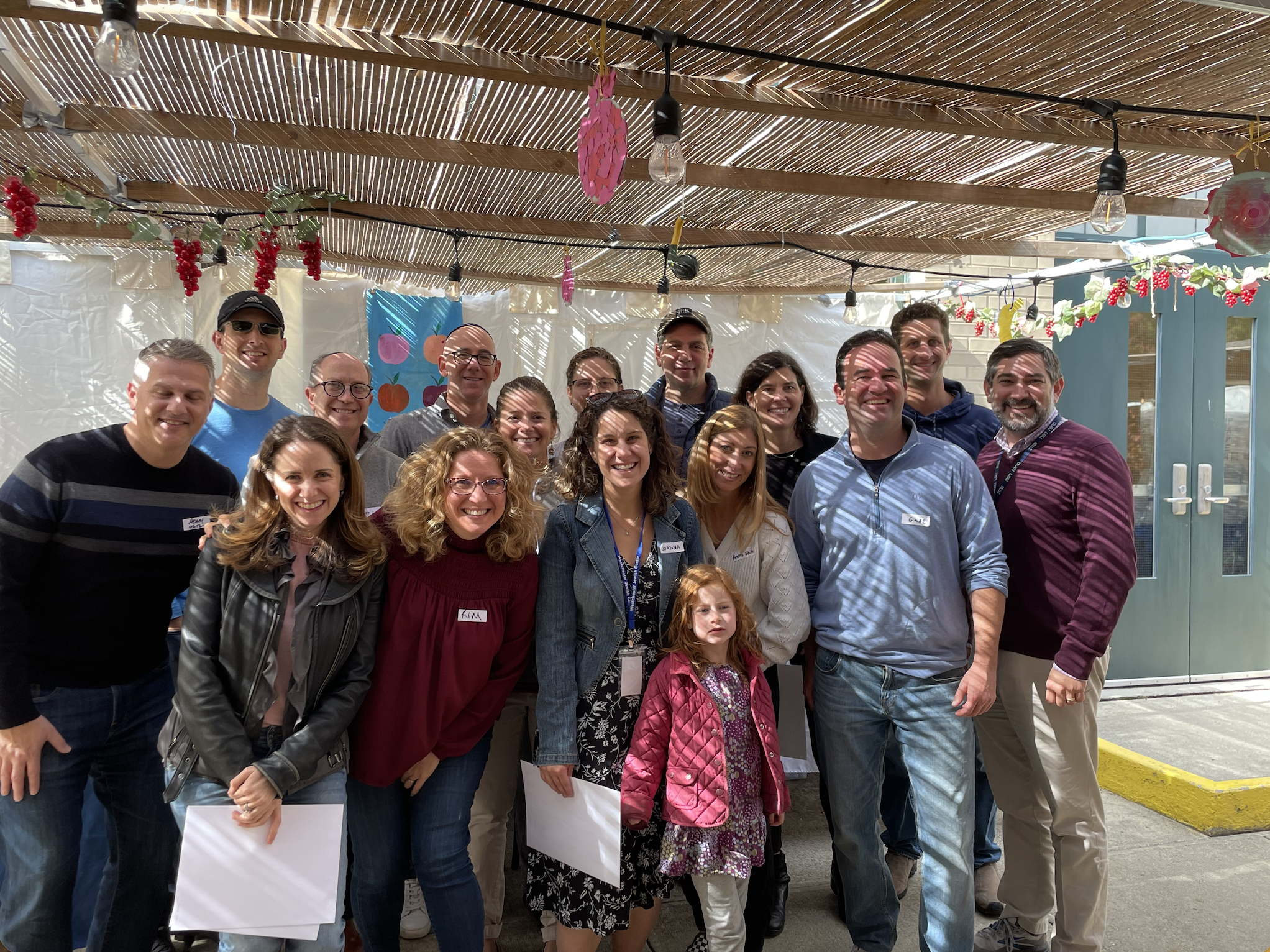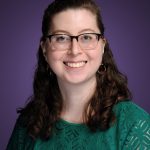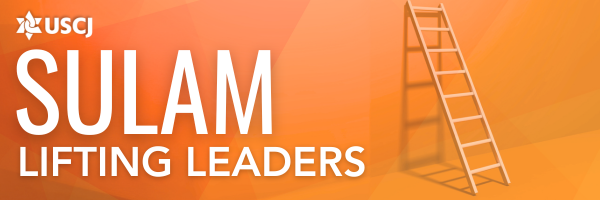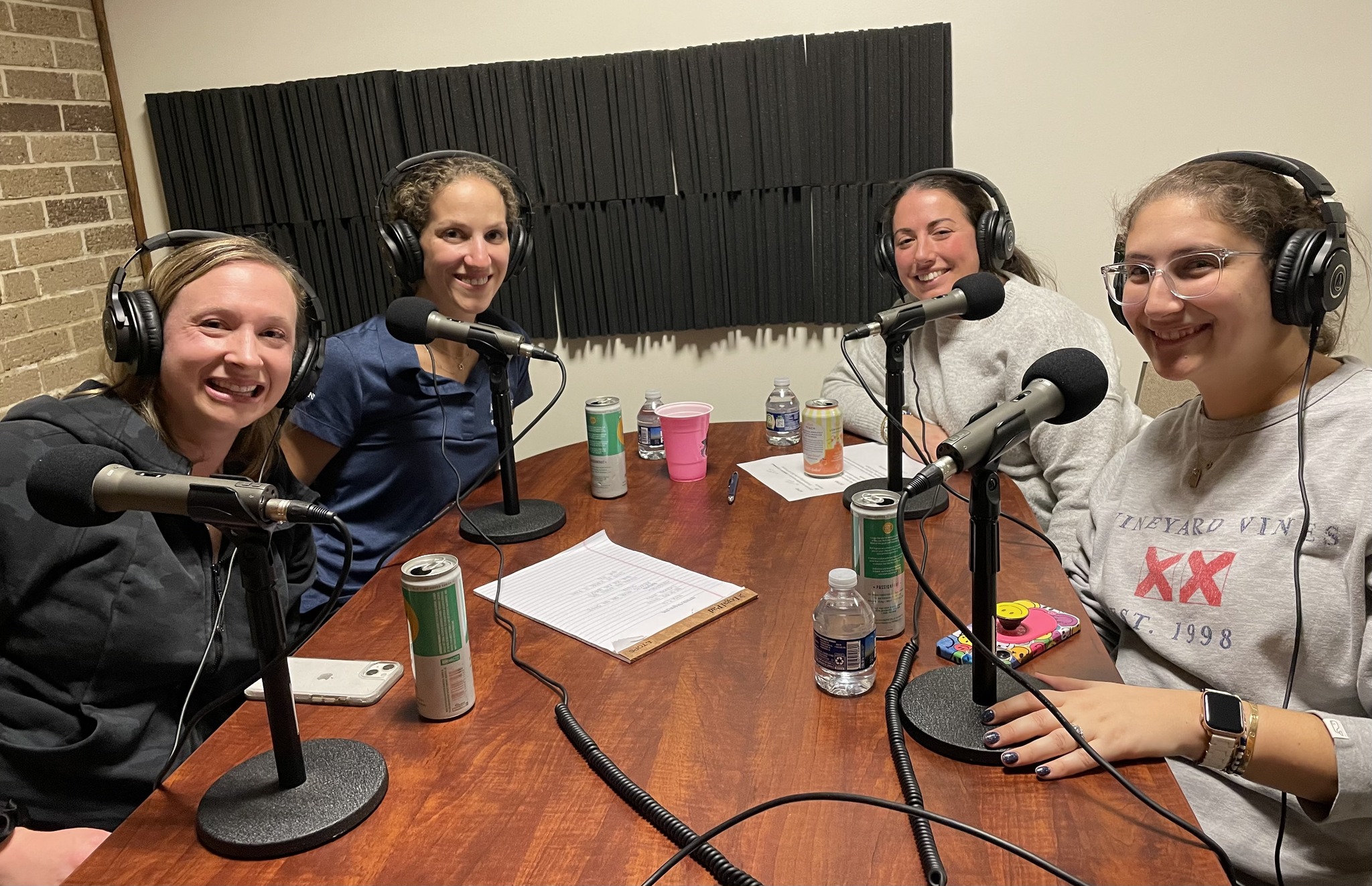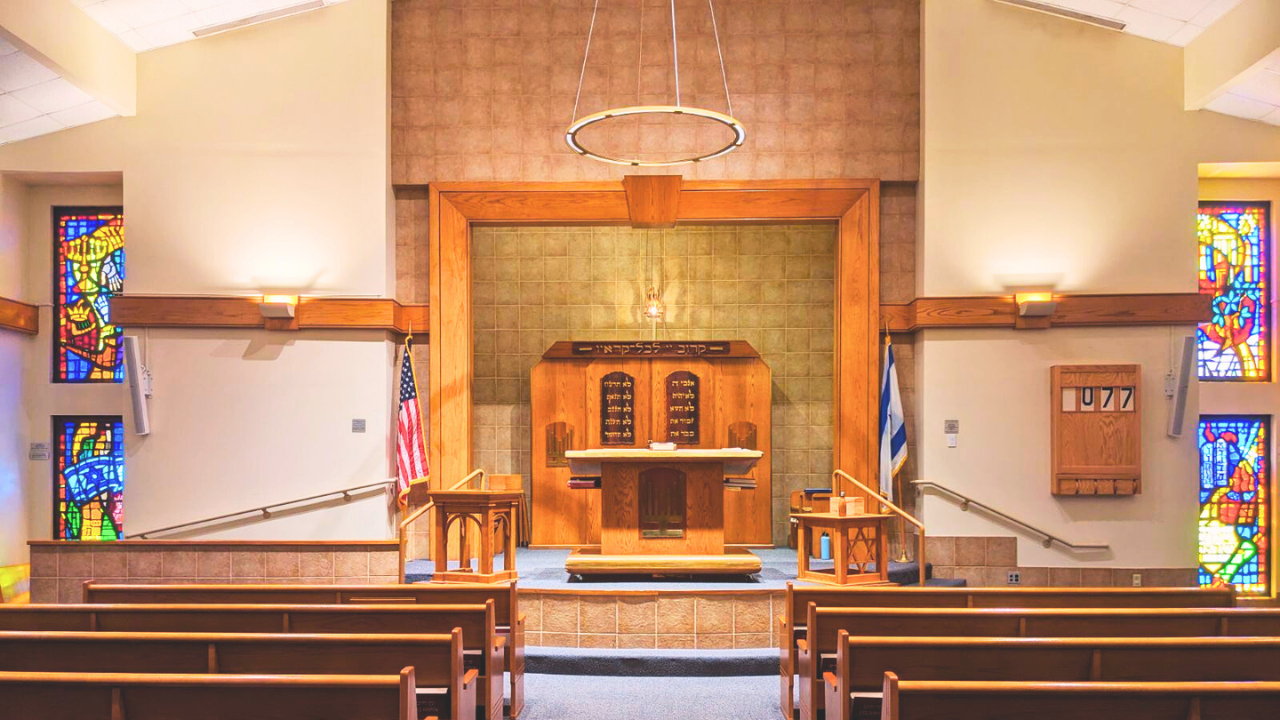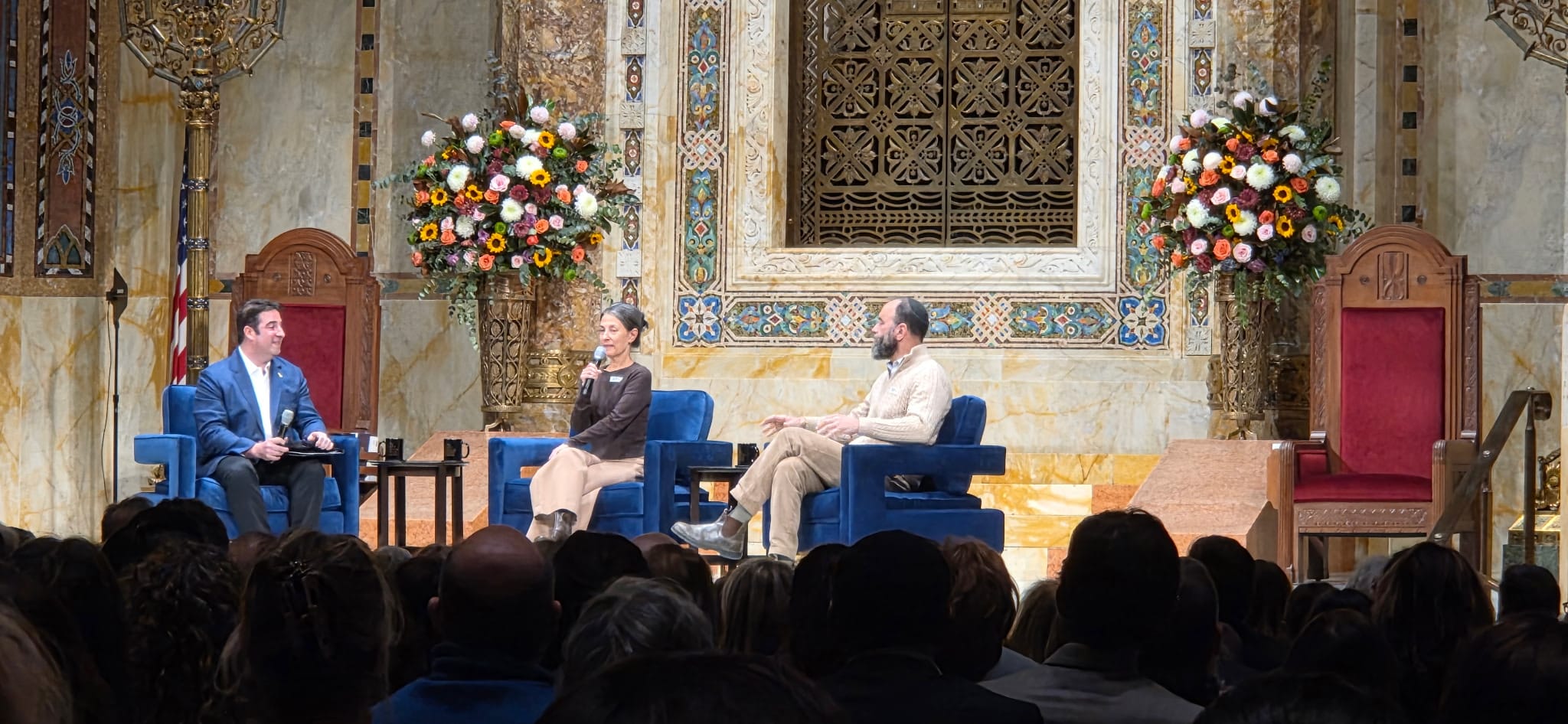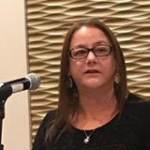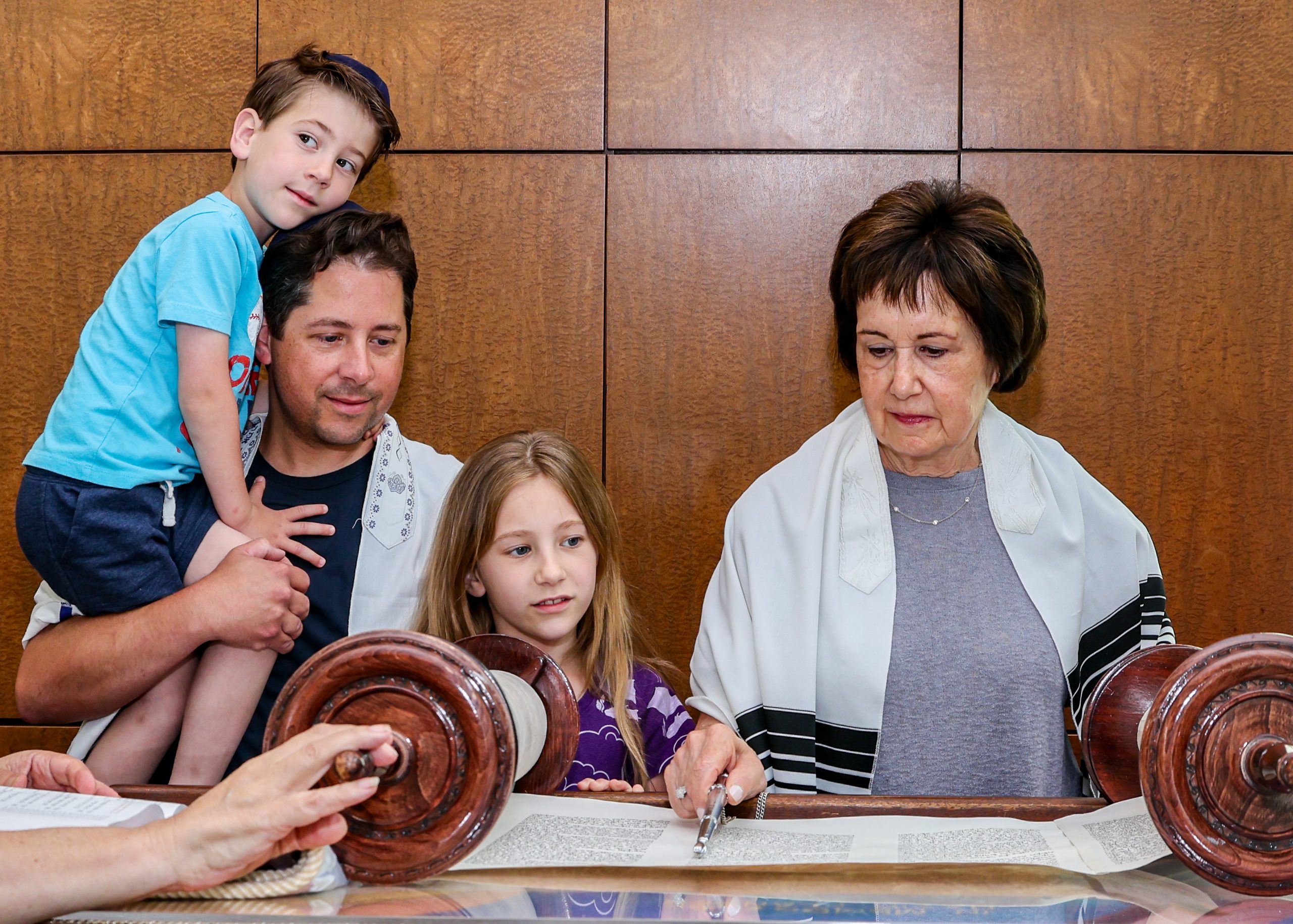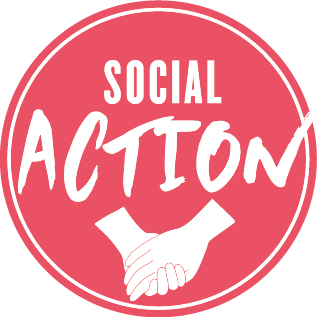
It was the right wrong number.
Susan had been trying to find someone in Atlanta to help Mira. (Names and other identifying details have been changed or omitted.) When Mira was 15 years old, she went to meet a Facebook friend who wasn’t who he said he was.
Abducted into the child sex trade, Mira spent the next four years trafficked through the mid-Atlantic before she was sold to a gang in Atlanta. Finally, this past May, Mira got to a phone and called Susan, a social services worker she’d known before she went missing.
In reaching out to law enforcement and social services agencies, Susan mistakenly dialed the personal cell phone of an administrative assistant at Ahavath Achim.
Ahavath Achim is deeply committed to social action. They distribute food to the hungry, advocate for the disabled, help to resettle refugees and more.
The synagogue is also home to AA-ACTS (Action & Awareness to Abolish Child Sex Trafficking), winner of the 2015 USCJ Solomon Schechter Highest Award for Innovation & Impact for Prophetic Voice.
The assistant gave Susan’s number to Linda Bressler, AA-ACTS’ founder and co-chair, and Linda immediately called her back.
A simple two-step approach to fight trafficking: learn and do.
AA-ACTS got its start in 2013, when a survivor of child sex trafficking spoke at the synagogue. Linda, who’s been active in child advocacy for more than 20 years, “just happened” to be at Ahavath Achim that night and went to the meeting.
The speaker had a powerful impact on everyone who was there.
“Once you know about child sex trafficking,” Linda says, “you can’t not know about it. We could not walk out of that room and turn a blind eye to this horrific modern day slavery. Then and there we pledged to raise awareness, take action and advocate to abolish child trafficking for sex, thus our name AA-ACTS.”
Since that night, the members of AA-ACTS have met with law enforcement officials, politicians, spokespeople from leading organizations in the area and other survivors. They’ve used their knowledge to raise awareness, advocate and spearhead action on the issue.
When AA-ACTS learned that hungry children are especially vulnerable to traffickers, they launched a Blessings Boxes program. They deliver food to elementary school children in areas where there are vulnerable kids, so they don’t go hungry on holidays, weekends and other times when school is not in session.
Members of AA-ACTS also work with other faith-based groups to diligently visit bars, hotels and clubs around the Atlanta area, including the new Atlanta Braves Stadium. They make sure these establishments are following the law requiring them to prominently post signs with a telephone number to call for trafficking victims and witnesses who suspect it.
The law was due to expire in 2019, but AA-ACTS, along with survivors, advocates and others community members lobbied to make it permanent.
AA-ACTS allies with a responsive and willing state legislature.
The members of AA-ACTS were also among 600 community members, advocates, and survivors who lobbied on behalf of Safe Harbor/Rachel’s Lawlegislation. As a result, 83% of the state’s voters showed their support by voting to pass an amendment to the state constitution that treats trafficked minors and young adults as victims, not criminal prostitutes, while placing stricter penalties on traffickers.
In addition, since a lot of trafficking goes on around adult entertainment clubs, the amendment requires that 1% or $1,500 (whichever is greater) of the income earned by these businesses be paid into a fund that earmarks the money for the restoration and rehabilitation of children who’ve been rescued from traffickers.
“Georgia is now one of the more progressive states in dealing with the child sex trafficking issue,” Linda says.
This is partly out of need.
Atlanta, according to many sources, has become a major center in the trafficking industry. The expressway system provides numerous major routes in and out of the city, to and from all over the country. The city’s Hartsfield Jackson Atlanta International Airport is a busy hub, as well. A buyer can fly in to pick up a child he bought online, meet with the trafficker and fly back out that night.
The local FBI field office has 70 agents devoted to this crime.
A problem that knows no religious or socio-economic boundaries.
Asked if Jewish children are being trafficked Linda responds, “I haven’t met any, but I’m sure there are. The problem is in every community and defies all stereotypes.”
Trafficking victims, according to Linda, range from foster and LGBT children runaways to middle-class suburban teenagers living at home. One in four is a boy. Some children are locked up in apartments against their will. Others tell their parents they’re going out to meet a friend, when they know they’re going to be trafficked and feel helpless to do anything about it.
Traffickers, Linda notes, can be extremely sophisticated and manipulative. They work a child’s vulnerabilities and wear down their self-concept: No one loves you. No one will take you back. Look what you’ve done. You’re dirty…
“They have lots of ways to keep children in prison without actually locking them up. Any child, under the right (or wrong) circumstances, is vulnerable.”
More awareness of the issue and more people working to solve it.
AA-ACTS has grown to 25 dedicated and hard-working petitioners, lobbyists, writers and spokespeople, including some who are not members of Ahavath Achim.
The organization’s work has become widely known in the area and in 2017, AA-ACTS added the Child Advocacy Award at the Interfaith Children’s Movement to the honors they’ve received. They are well-known and now have an army of contacts among the public, private and faith-based organizations working to combat this issue.
So, when Linda called Susan back, she had a rolodex of organizations and people prepared to help. Many had feet on the ground and experience finding and rescuing victims.
“There are no turf wars when it comes to child sex trafficking,” Linda says. “No two sides to the issue. Everybody is against it and everybody wants everybody to succeed.”
Linda knew the right people to put Susan in touch with. At this writing, they’re actively working to locate Mira and by the time you read this, she may be on her way home and headed for rehabilitation.
“I’ve met a number of survivors who are living productive, healthy, safe lives. They’ve learned skills and are working. They’ve become mothers to their children. They’re speaking out to make others aware. Many work with other victims to show them that they can move on, that they can resume a happy, healthy life.”
Linda insists that AA-ACT’s work wouldn’t be possible without the “incredible support from our rabbis, Neil Sandler and Laurence Rosenthal and that of our board of directors. Their encouragement allowed us to pursue this mission,” says Linda. “A mission to fight for social justice.”

